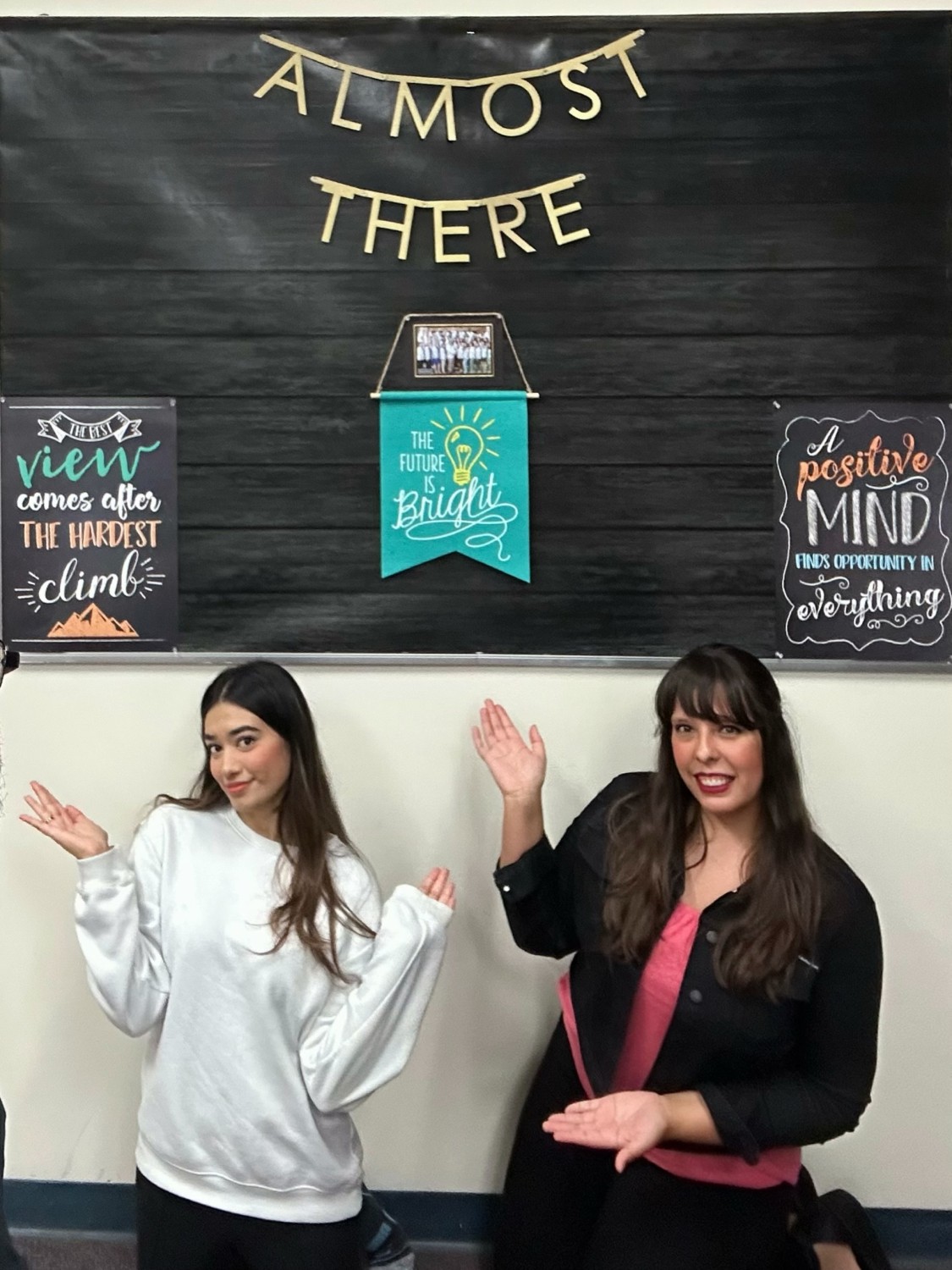Authored by Saima Khaja of Gamma Zeta chapter at the Palm Beach Atlantic University Gregory School of Pharmacy
Life will not always go our way. I’m sure we’ve all heard that line, or some variant of it, at least once in our life. We can confidently predict what might happen 2 days from now, but we can never be certain. Trials, tribulations, and tests can pile up in school and work in the blink of an eye, and the overwhelming feeling of the need for air can be demanding.
In four years of pharmacy school (or three!) we, as pharmacy students or pharmacists, don’t just learn about mechanisms of actions and clinical indications of drugs. We also learn about ourselves. One thing I’m sure most of us have learned about ourselves is how patient we are to have endured unexpected challenges, academic or otherwise. Even as we chose this profession, it took a subconscious level of understanding of our own patience to brace ourselves for what’s coming.
An underrated value and moral, patience is a key factor we should all incorporate into our lives so that we can be the best pharmacists to the full extent of our capabilities.
Patience in Public
In a world where we are easily satisfied with brand new technology and instant gratification, impatience, with its roots in frustration, can easily sneak up on us. Perhaps your coworker didn’t finish a task assigned to them, and it fell on you during your shift. Maybe your classmate didn’t meet the rubric’s expectations on their portion of a group assignment, and it affected your grade. It’s difficult not to get angry and ice them out, but it’s even more difficult to control your emotions and manage to still move forward towards the same goal.
Choosing the road that is more difficult in these situations is what distinguishes a leader. As aspiring leaders, it is our responsibility to utilize patience to understand the root of a problem before passing negative judgement and burning important relationships. Utilizing patience creates a better working environment for yourself and others, reduces tension and conflict, and allows us to make more rational decisions.
Patience in Private
We can also use patience to control how we manage stress, whether academic, personal, or otherwise. When difficulty befalls, (because it will, nobody’s life is continuously smooth), try not ask yourself things like “why is this happening to me?” and “why did this have to happen right now?” Instead, analyze the distress, and ask yourself, “where was my hand in contributing to this situation and how can I avoid it in the future?” even if you had little part in it.
You cannot control what happens to you, but you can control how you react to it, and how you react to it displays how much patience you exhibit. Calmly think about the things that ARE going right. Gratitude (and its associated dopamine and serotonin release) will carry you far. Remember that “this too shall pass” and with every hardship, there is ease.
So, when we can’t be 100% certain of what might happen in two days, how can we handle what unexpectedly befalls us? We simply exercise the same patience we use with the certainty that the sun will rise in the morning and the moon will rise at night.








